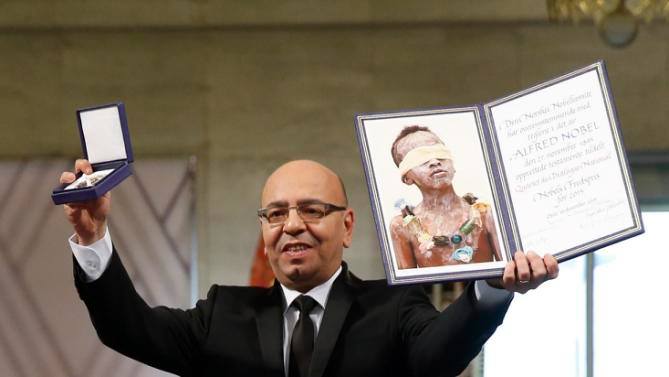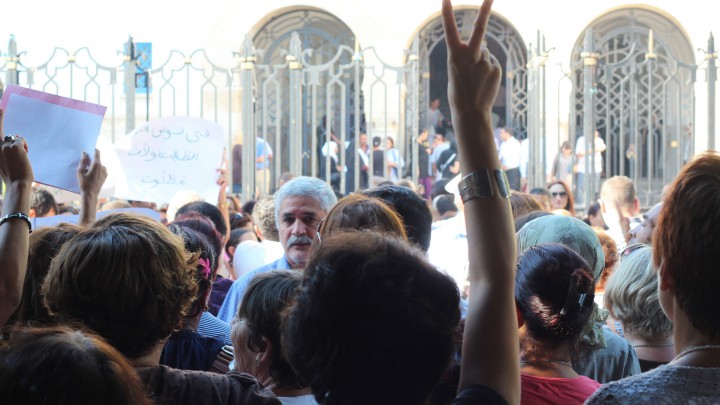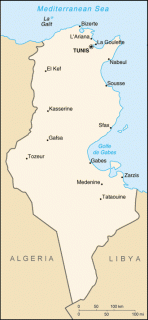Overview
Lawyers have traditionally occupied a central place in Tunisian political and public life. They were to the fore in the struggle for independence from the French (1881-1956), under the leadership of Bourguiba (1956-1987), during Ben Ali’s regime (1987-2011), and in the course of the revolution. Among some of the most high profile moments of mobilisation by lawyers are the 18 October Movement for Rights and Liberties (sparked by the detention of leading human rights lawyer, Mohammed Abbou in 2005) and the Gafsa Mining Basin protests in 2008. These were notable for the manner in which they drew together lawyers from across the religious and political spectrum.
We are interested both in lawyers who supported and upheld these various regimes and in those who opposed them in defence of human rights. Tensions within and between these various groups (as manifested at court, in legal collectives and across different branches of the law) reveal much about the country’s evolving legal culture and community.
Since the revolution, as litigators, human rights activists and politicians, Tunisian lawyers have been centrally involved in crafting and consolidating a framework for transition. In February 2011, for example, the ‘Group of 25 lawyers’ set out to systematically investigate corruption under Ben Ali and to help lay the foundations for a robust and accountable legal order.
In common with other post-dictatorship states, Tunisian lawyers today confront challenges associated with the legacy of institutionalised corruption and subversion of the rule of law, resurgent religious and political divisions, and the discontents of peace.
Research Themes
- Experience and tactics of cause lawyers under Ben Ali (persecution, identification with victims and prisoners, recourse to media, international support).
- Role and function of pro-Ben Ali lawyers (consequences of patronage for legal profession, influence of professional networks such as El Khaliyya, government attempts to control legal collectives).
- Legal pluralism (French civil law, secular and Sharia law, international human rights law).
- Post-revolutionary strains within the legal profession (resurfacing of political and religious divisions, generational differences, gender).
- Relationship between lawyers and the judiciary.
- Legacy of Ben Ali regime (remnants of patronage and corruption, persistence of professional and class structures, press freedom, challenges to rule of law).
- Contribution of lawyers to the transition (Group of 25, Transitional Justice Dialogue and Law, Truth and Dignity Commission).
- Legalisation of politics and politicisation of law.
- Role and influence of international actors.




